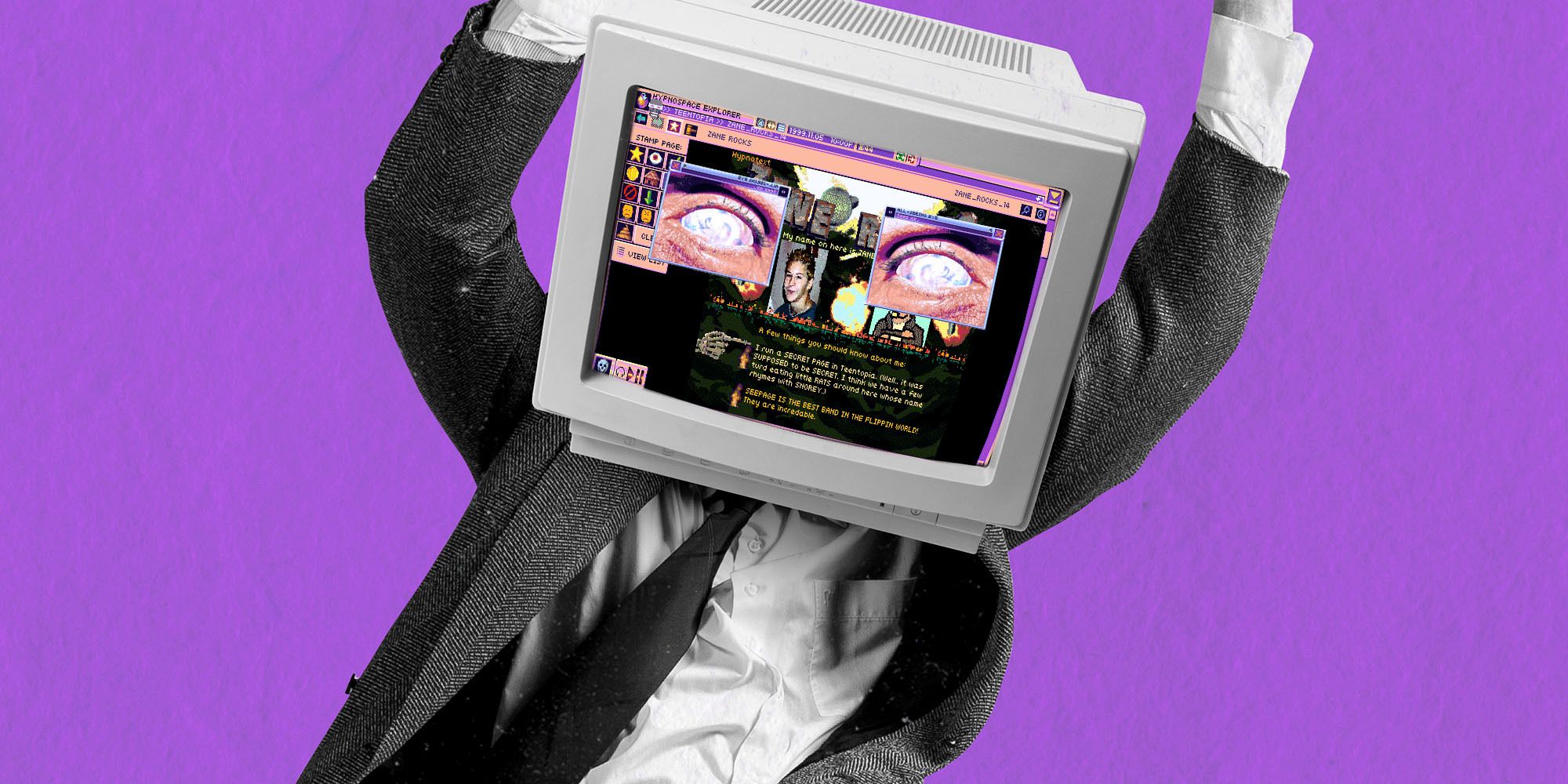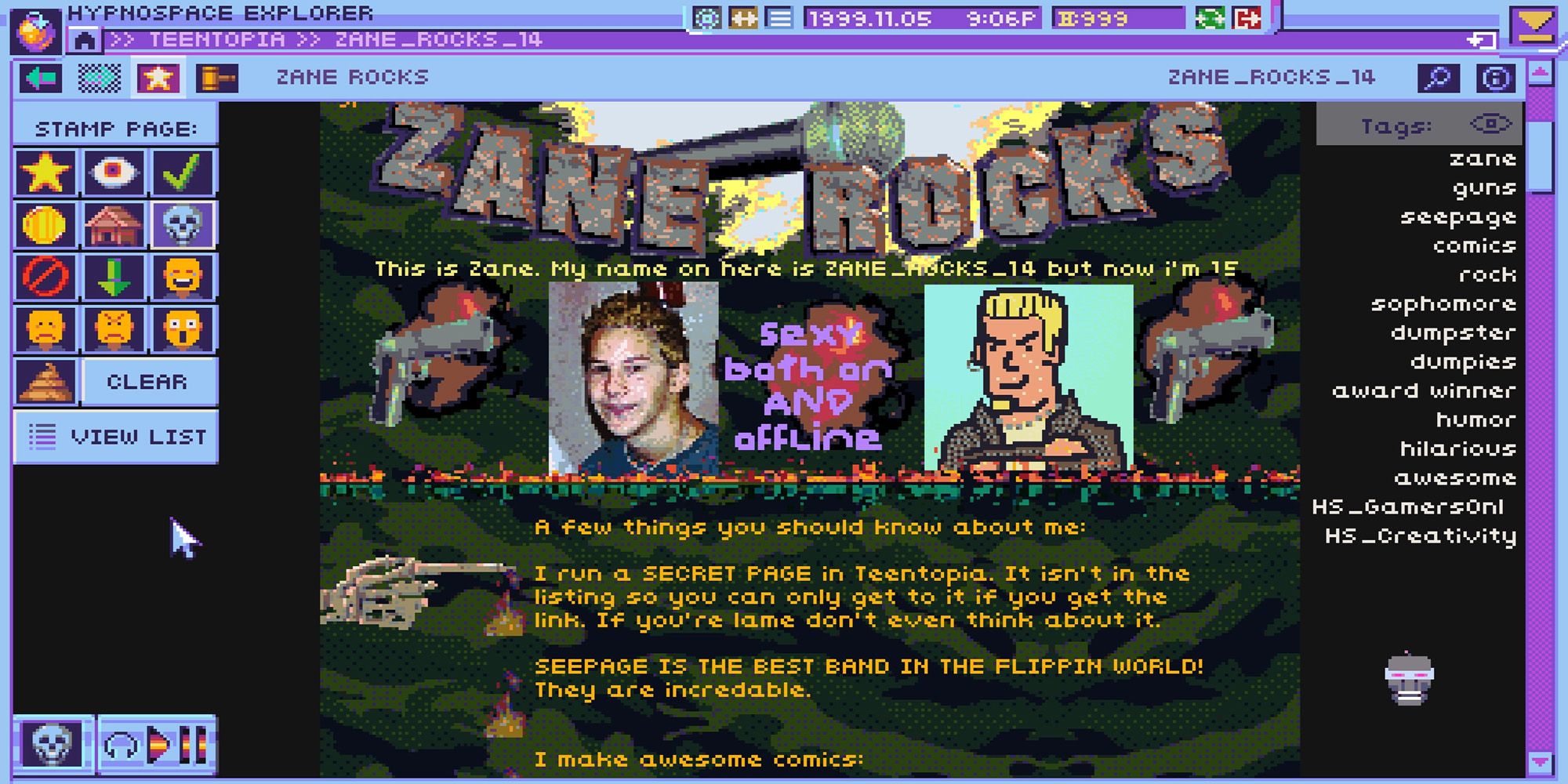The internet is in ruins. Or at least, the free internet as we know it. I’m of a generation who remembers the internet pre-social media (just about), when forums dominated the web and you could only see tweets if you had a bird feeder. Well, hear tweets. You get the joke. Birds, grass, Musk, etc.
The early ‘00s were a lawless time for the internet. I was a child, so I mostly stuck to Warhammer forums and Club Penguin, before graduating to the teenage sections of Warhammer forums and Runescape. It would surprise you how remarkably similar Club Penguin and Runescape are, but that’s a story for another day. I whiled away my after school free time in the library or on the family computer, playing little puzzles on Miniclip, mapping out a complex, curving line for a stickman to sledge down in a browser game called Line Rider, or arguing with 30 year old men, and I wouldn’t have had it any other way.
Then social media hit. People will trace its roots back to Bolt dot com or even Talkomatic, but AOL was the first instant messenger craze in my school, and then Facebook took it to another level. Bebo hit first for many of my generation, despite launching after Facebook (I can only assume Zuckerberg was still doing that ‘hot or not’ thing on his university campus for the first couple of years), but soon everyone had Facebook. Even when Twitter and Instagram grew in popularity too, social media was simpler. There was no discourse, there were no influencers, social media sites were just places for you and your friends to hang out, to share embarrassing photos of one another, and to like silly pages like ‘flipping the pillow over to the cold side’ and ‘Gryffindor Suckz’.
Which brings us to today. There’s a long period of social media stagnation in the meantime, as sites copy each others’ features to try to stay on top, and Facebook begins the business of selling your personal data to advertisers, becoming one of the biggest companies in the world in the process. There’s a whole thing with elections and Cambridge Analytica, too, so look that up if you want to get into the political side of social media. In any case, along the way, these sites stopped working for the consumer, and started working for themselves.
It happened everywhere all at once, from people noticing Facebook’s targeted ads, to incongruent adverts themselves popping up between your Instagram stories and between tweet replies. Social media, known as Web2.0, has descended in a downward spiral of privacy violations and user-unfriendly design changes since.
This has come to a head with Elon Musk’s Twitter, which the billionaire has rendered unusable. Musk fired hundreds of staff, shut down countless servers, and retracted key identification measures. Misinformation is rife, and the same goes for Facebook, where conspiracies and lies go unchecked because they are good for engagement. It’s not just social media, though. I recently logged onto 8 Ball Pool, an old browser game where you just played PvP pool matches from the comfort of your couch. It has weekly leaderboards, monthly battle passes, and adverts between matches. The game is ruined, and for what? To turn a bigger profit? Capitalism has ruined the internet, whether it’s Musk’s doomed attempt at a live-service social site or simple browser games from times gone by. It’s all shit now.
That’s why you should play Hypnospace Outlaw. This article hasn’t really been about video games, it’s been about internet culture and how rich men ruin everything. It didn’t need to be about video games, I’m not cramming in some semi-related game so that I can persuade my editor to greenlight this piece. I just think it’s neat. Hypnospace Outlaw is a ‘90s internet simulator, and you don’t really need to know any more. In fact, there’s not a lot more I want to tell you. You’re an e-cop, policing the darkest corners of the wavy late-20th century interwebs, changing your wallpaper and downloading gifs that you really hope aren’t malware.
There’s a lot more game to this than I’m describing, but I’ve recently jumped back in just for the vibes. It’s a dose of faux nostalgia, harkening back to a time that we all remember but twisting those memories so they’re not quite what they seem. It’s a relic of what the internet used to be like, before every page was optimised to extract the most money out of you directly or indirectly, before cookies and GDPR pop-ups drowned out each new page. Times when you Googled something and actually got the answer, not a load of SEO drivel, times when you clicked on a news article and could actually read the story instead of needing to accept cookies, close popups, click ‘continue reading’, avoid the spam links peppered throughout the copy, and then read sentence by sentence through the letterbox of adless space on your phone screen.
The internet is broken. Social media sites are burning to the ground. The likes of YouTube and Spotify are unsustainable for those who generate the content that the sites commodify. Discord is no substitute for forums – how can such communities be archived or searched? Children of the future won’t know the joy of Googling some obscure question and finding a decade-old Quora user who had the exact same query, down to the same wording, and a dozen helpful strangers answered them and you ten years apart. Web2.0 is in its death knells, and Web3.0 won’t save it. Web3.0 is a parasite suckling on the last life force of the current internet, and won’t survive much longer than its host. I miss the free internet. Play Hypnospace Outlaw. Remember what we had. Remember what they took from us.


.png)

